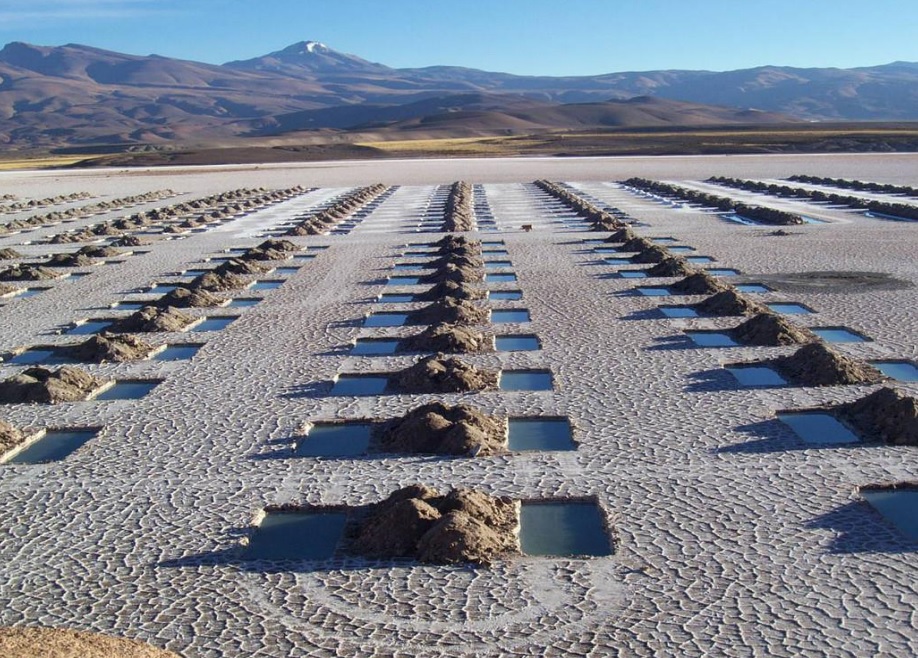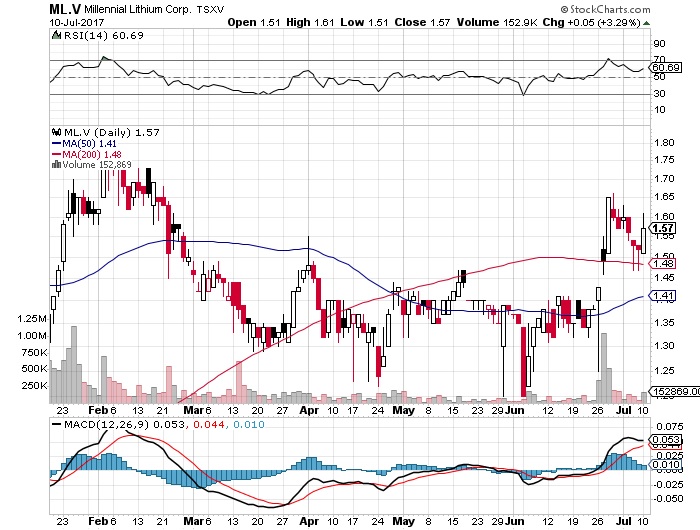Millennial Lithium (ML.V) has released the test results from a first production scale well at its Pastos Grandes lithium project in Argentina. The well was installed late last year, and the company has now tested the flow rates over a 60 hour period. During this time, the average flow rate was approximately 27.7 liters per second.
Not only is this a great result, the average lithium grade dropped by less than 2% during this 60-hour test and on top of that, the aquifer refilled to its original level pretty fast. The drawdown of the water level was approximately 9 meters within a 24 hour pumping period, but according to the company the water level recovered to within 50 centimeters from the starting level.
But what does this all mean?
The calculation is pretty simple. A flow rate of 27.7 liters per second is equal to 99,720 liters per hour (99.72 cubic meters). If we would multiply this by 24 hours and 360 operating days, in excess of 861,000 cubic meter water would be pumped. Using an average lithium grade of 430 mg/l, this volume would contain a total of 370 billion milligrams of Lithium, which obviously is 370 tonnes of lithium. Using an average lithium grade of 18.8% in lithium carbonate, this one well has the potential to produce 1,970 tonnes of lithium carbonate per year (before applying recovery rates and assuming 360 operating days per year should the well be continuously ‘switched on’).
This is a very encouraging start of the company’s pumping tests, and a second production well will be drilled shortly on another zone of the project and we obviously hope the second well will meet the expectations created by this first flow rate test.
All is good on the Argentinean front, but keep in mind the company’s C$1.25 placement becomes free tradeable in about two weeks, so there might be some additional selling pressure in the final few days of the month.
Go to Millennial’s website
The author has a long position in Millennial Lithium. Millennial Lithium is a sponsor of the website. Please read the disclaimer



